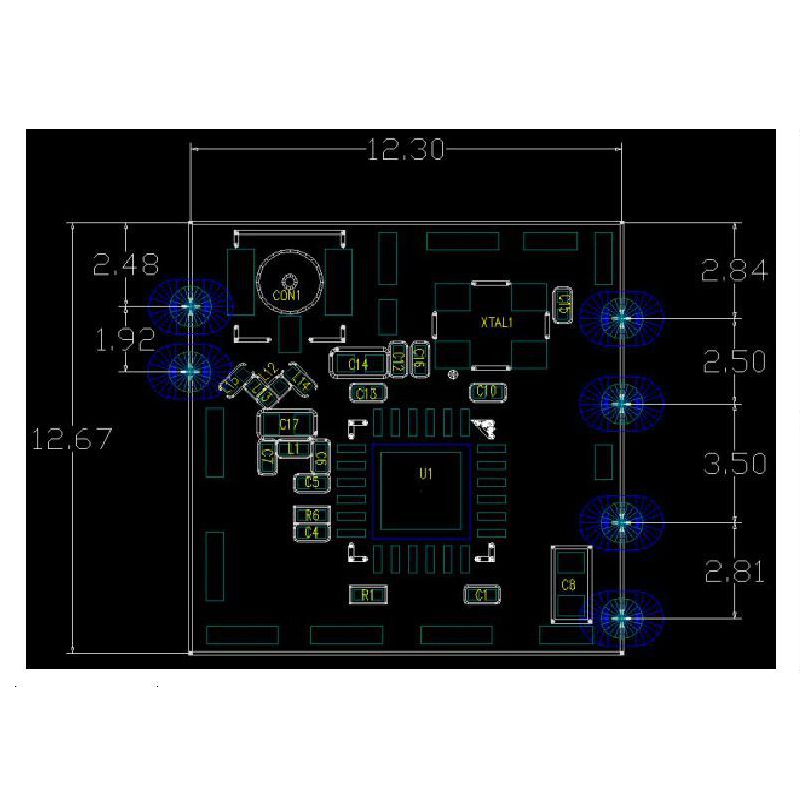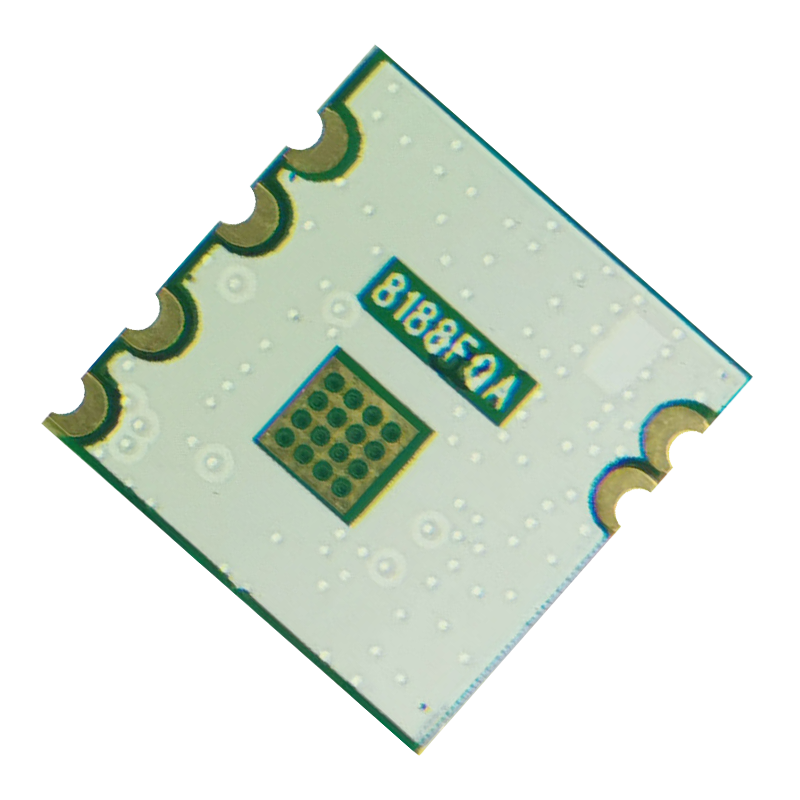With the proliferation of connected devices and the increasing demand for seamless internet connectivity, Wi-Fi modules play a crucial role in ensuring secure and reliable connections. These modules provide the necessary hardware and software components that enable devices to connect to Wi-Fi networks, allowing users to access the internet, transfer data, and communicate with other devices.


Security is paramount when it comes to Wi-Fi connectivity, as unauthorized access to networks can lead to data breaches, privacy violations, and network instability. Wi-Fi modules employ several mechanisms to ensure secure connections:
Encryption is a key component of secure communication. Wi-Fi modules use advanced encryption protocols, such as WPA2 (Wi-Fi Protected Access 2), to encrypt data transmitted over the network. This encryption prevents malicious individuals from intercepting and deciphering sensitive information, safeguarding user data and privacy.
Wi-Fi modules implement authentication mechanisms to verify the identity of devices attempting to connect to a network. This authentication process ensures that only authorized devices can access the network, preventing unauthorized access and potential security breaches. Common authentication methods include WPS (Wi-Fi Protected Setup) and enterprise-level authentication protocols like EAP (Extensible Authentication Protocol).
To further enhance security, Wi-Fi modules often incorporate firewalls and intrusion detection systems. Firewalls act as a barrier between the internal network and the external internet, monitoring and controlling network traffic. Intrusion detection systems detect and alert administrators about potential malicious activities or unauthorized access attempts, enabling quick actions to counter these threats.
In addition to security, Wi-Fi modules also play a crucial role in ensuring reliable connectivity:
Wi-Fi modules optimize signal strength and improve range by utilizing advanced antenna technologies. These modules are designed to provide robust connectivity even in challenging environments, allowing devices to stay connected even at extended distances from the access point.
Wi-Fi modules prioritize network traffic through Quality of Service mechanisms. QoS ensures that critical applications, such as video streaming or voice calls, receive sufficient bandwidth and a stable connection, preventing interruptions or delays caused by other network activities.
Many Wi-Fi modules support dual-band operation, enabling devices to connect to both 2.4 GHz and 5 GHz frequency bands. This dual-band support reduces congestion and interference, ensuring a reliable connection and improved network performance.
Wi-Fi modules play a vital role in providing secure and reliable connectivity. By implementing encryption, authentication, firewalls, and intrusion detection systems, these modules ensure the security of network connections. At the same time, they optimize signal strength, offer quality of service, and support dual-band operation, guaranteeing reliable and seamless internet connectivity for a wide range of devices.
 Trolink Joint With Tuya to Make Iot Benefit Every Family
Trolink Joint With Tuya to Make Iot Benefit Every Family
 5 Key Indicators for WiFi Module Selection You Have to Know !
5 Key Indicators for WiFi Module Selection You Have to Know !
 IOT module is the brain of smart products
IOT module is the brain of smart products
 What is the signal coverage range of the WiFi module chip?
What is the signal coverage range of the WiFi module chip?